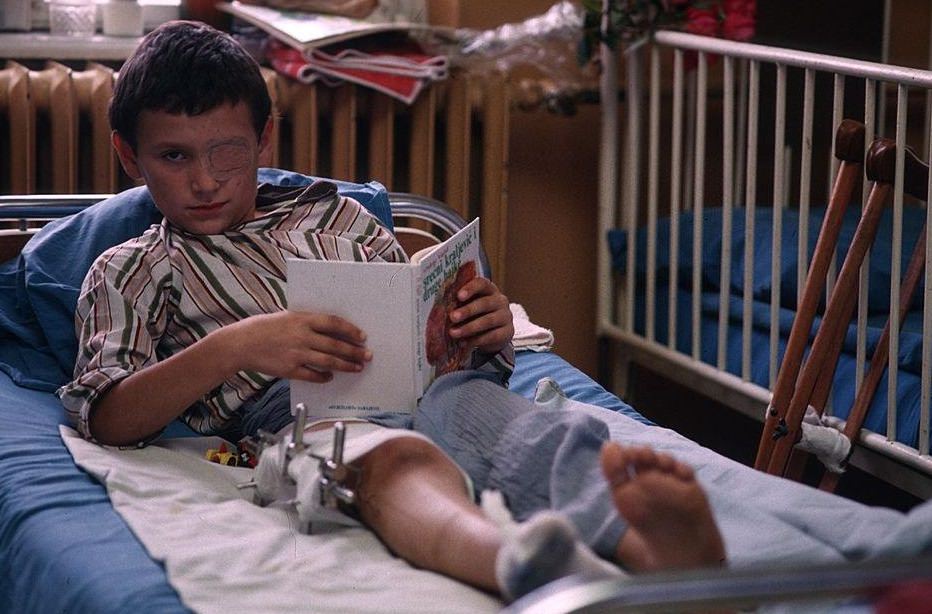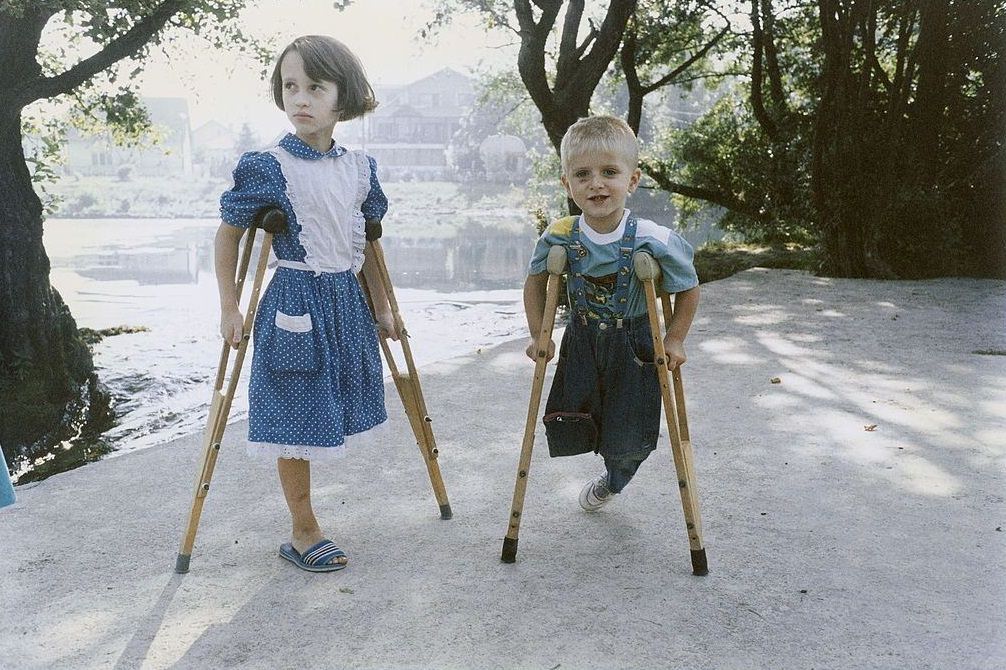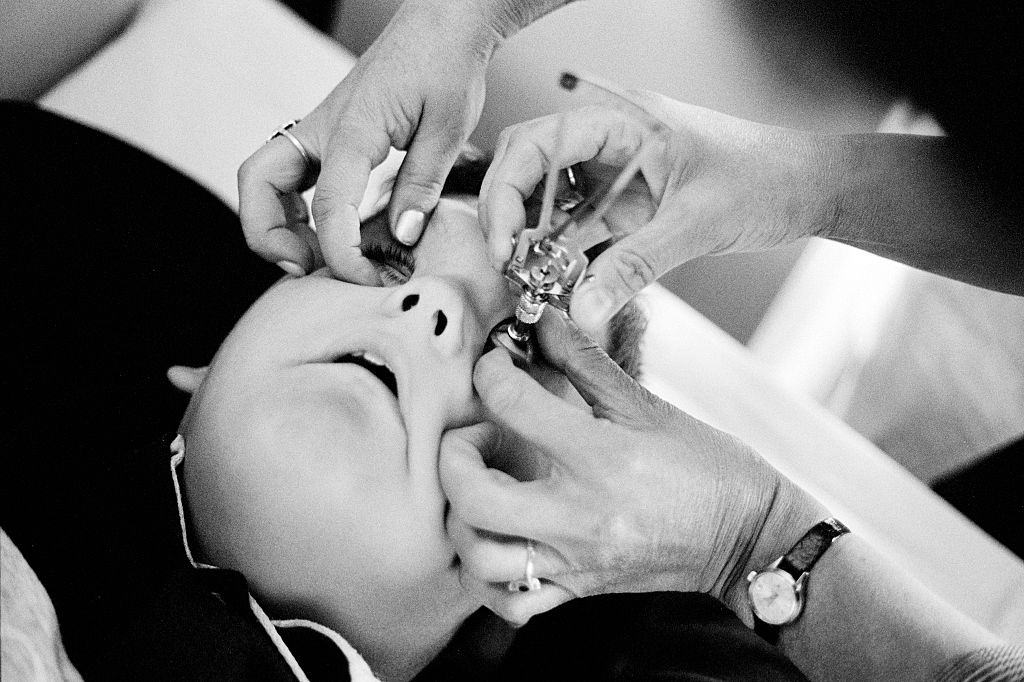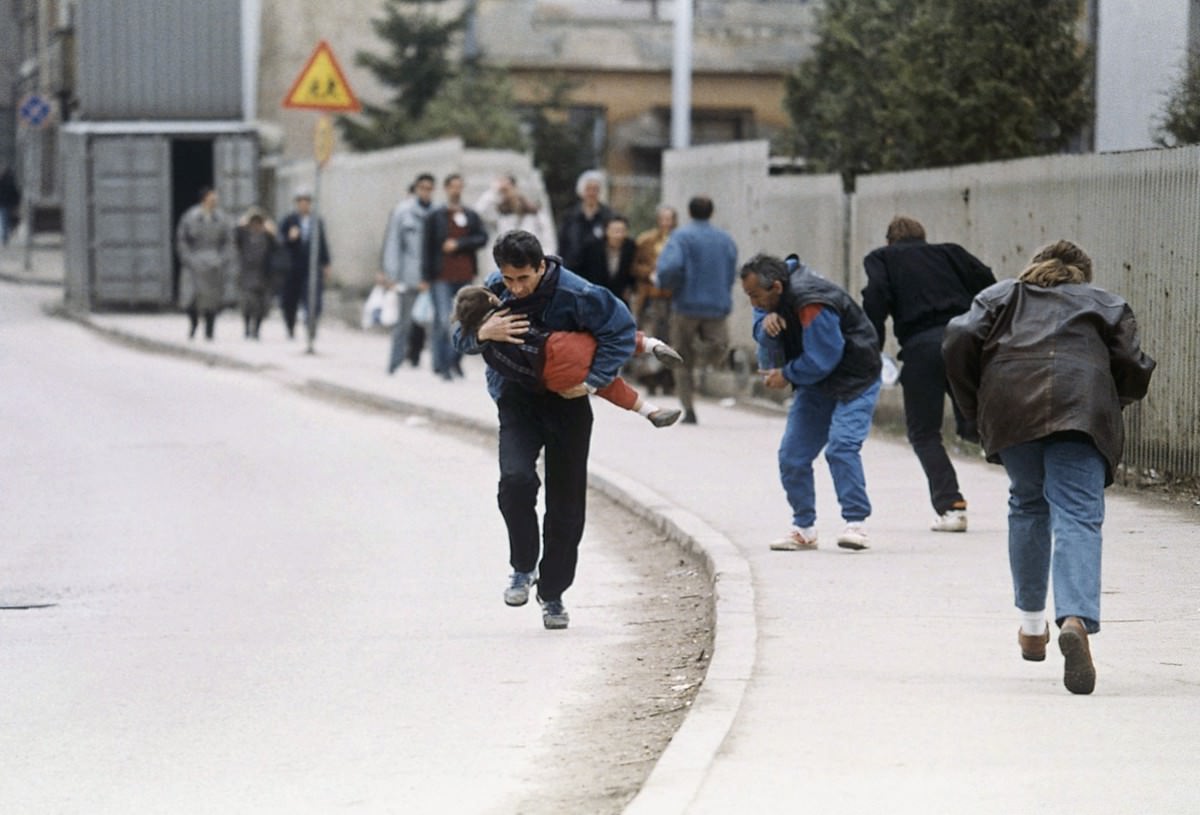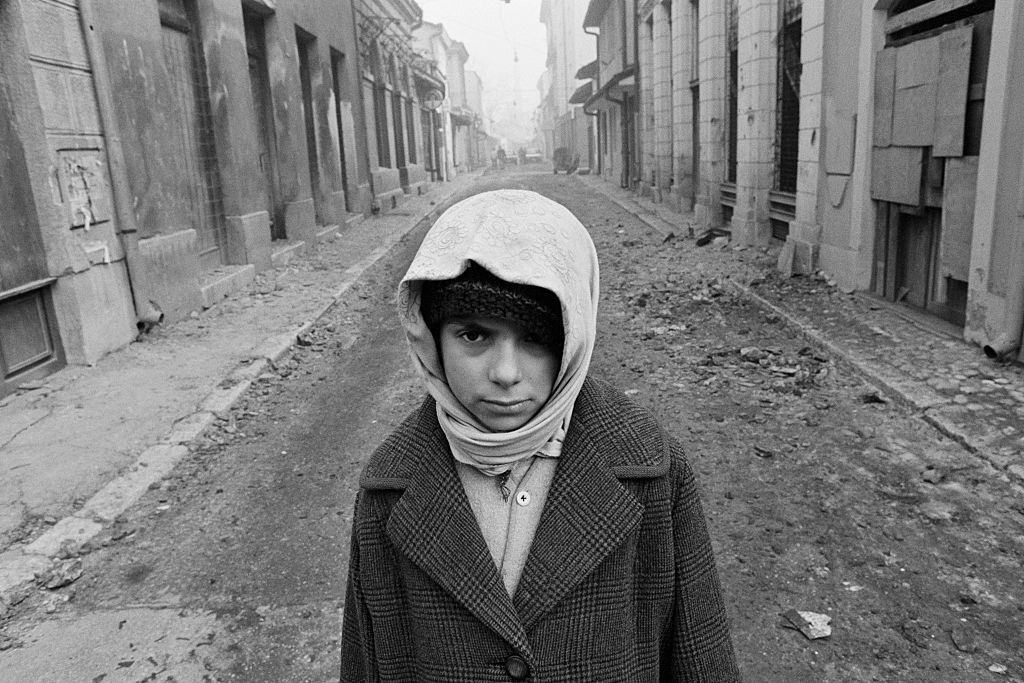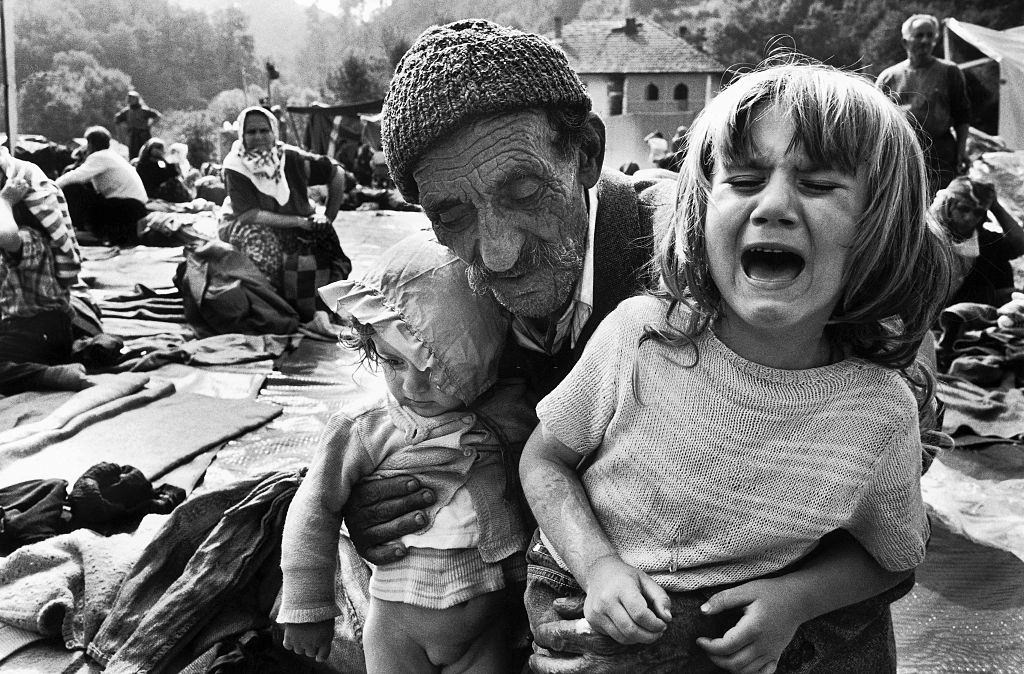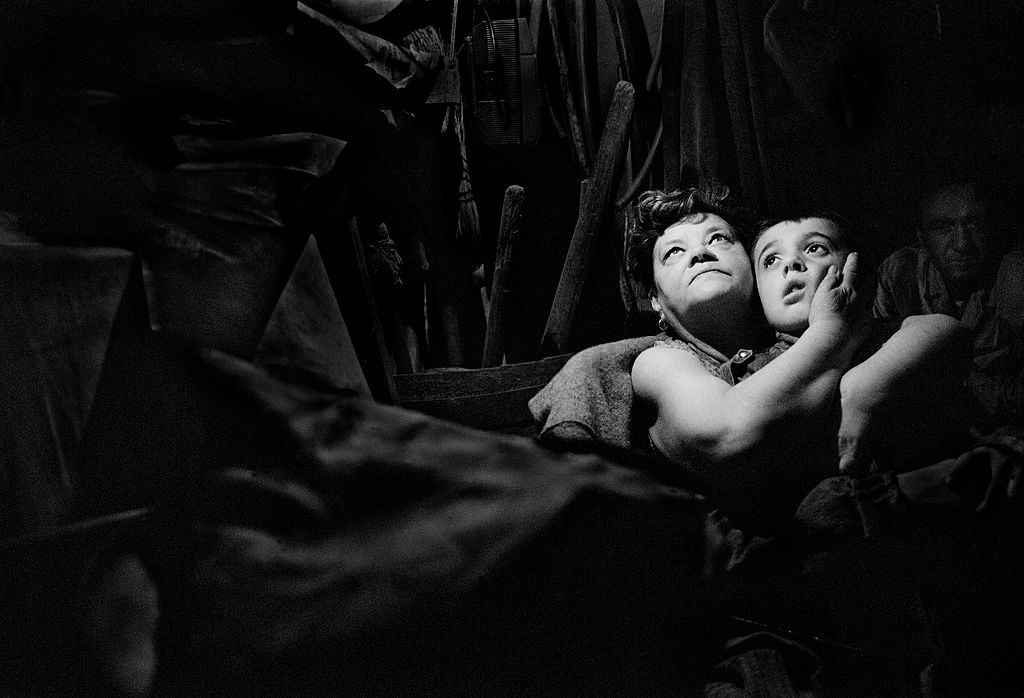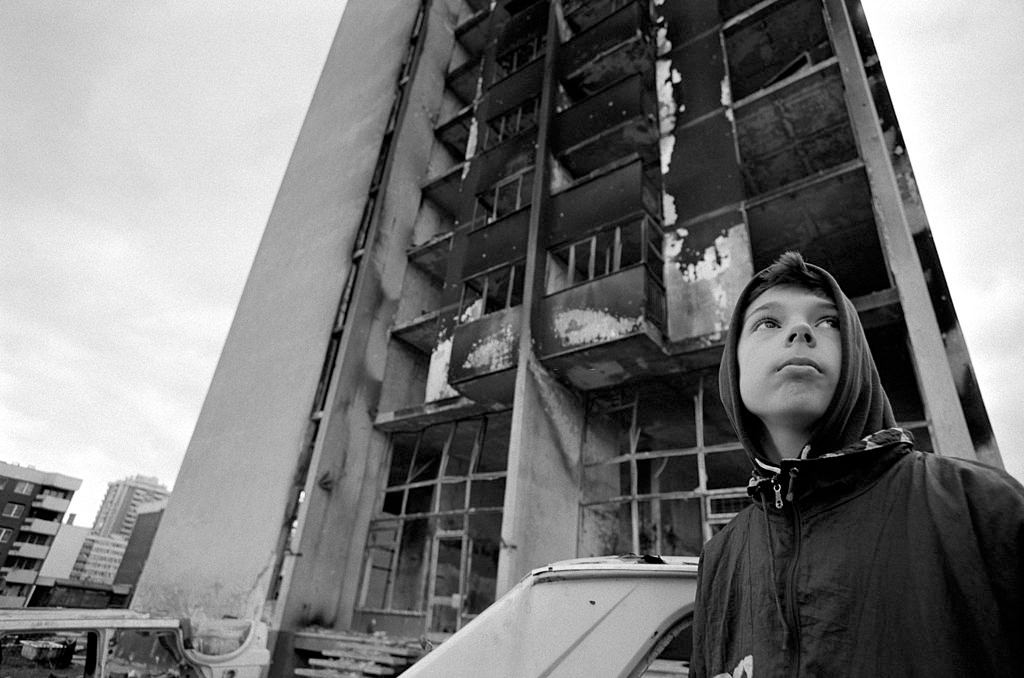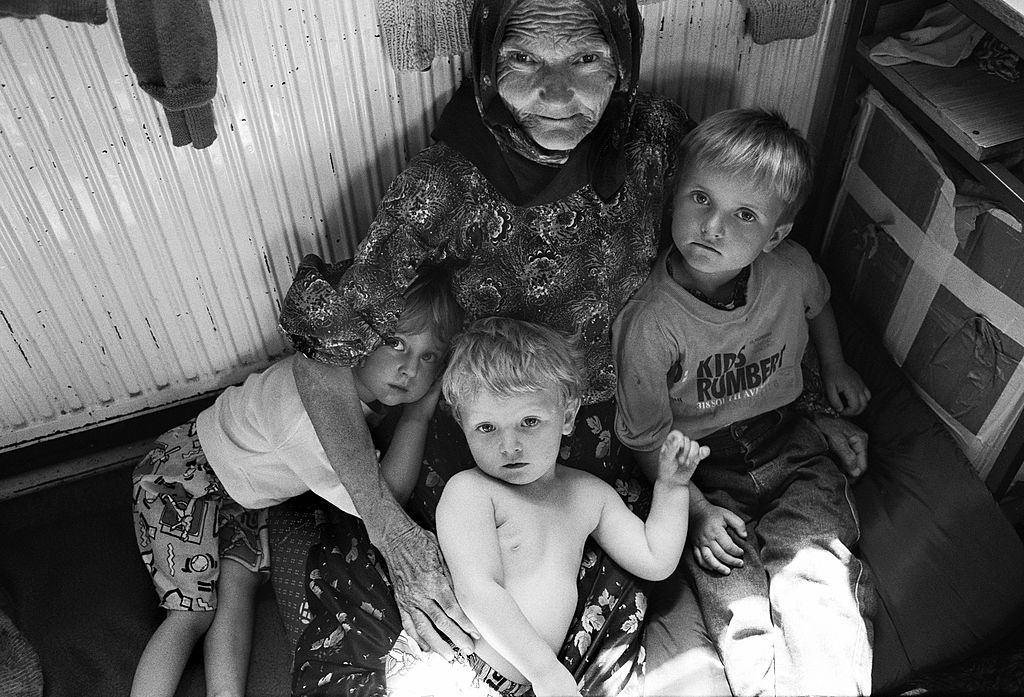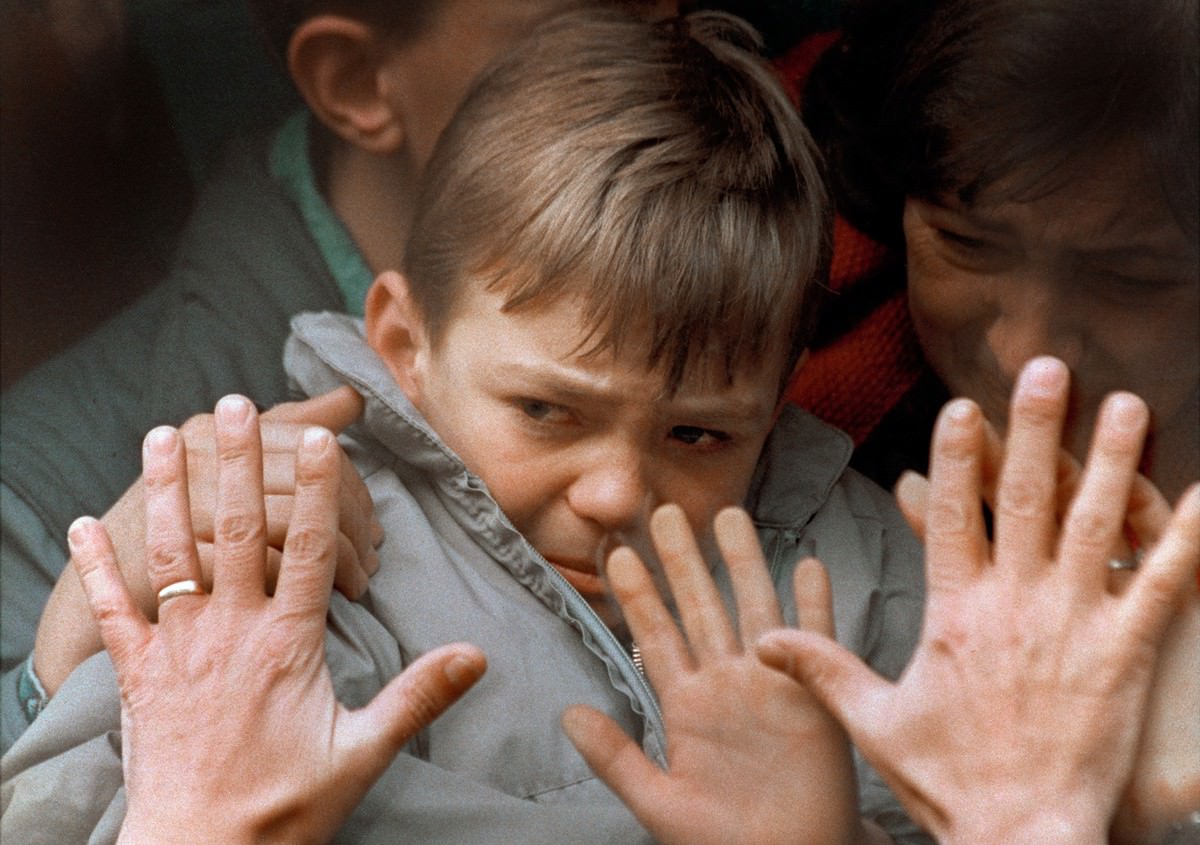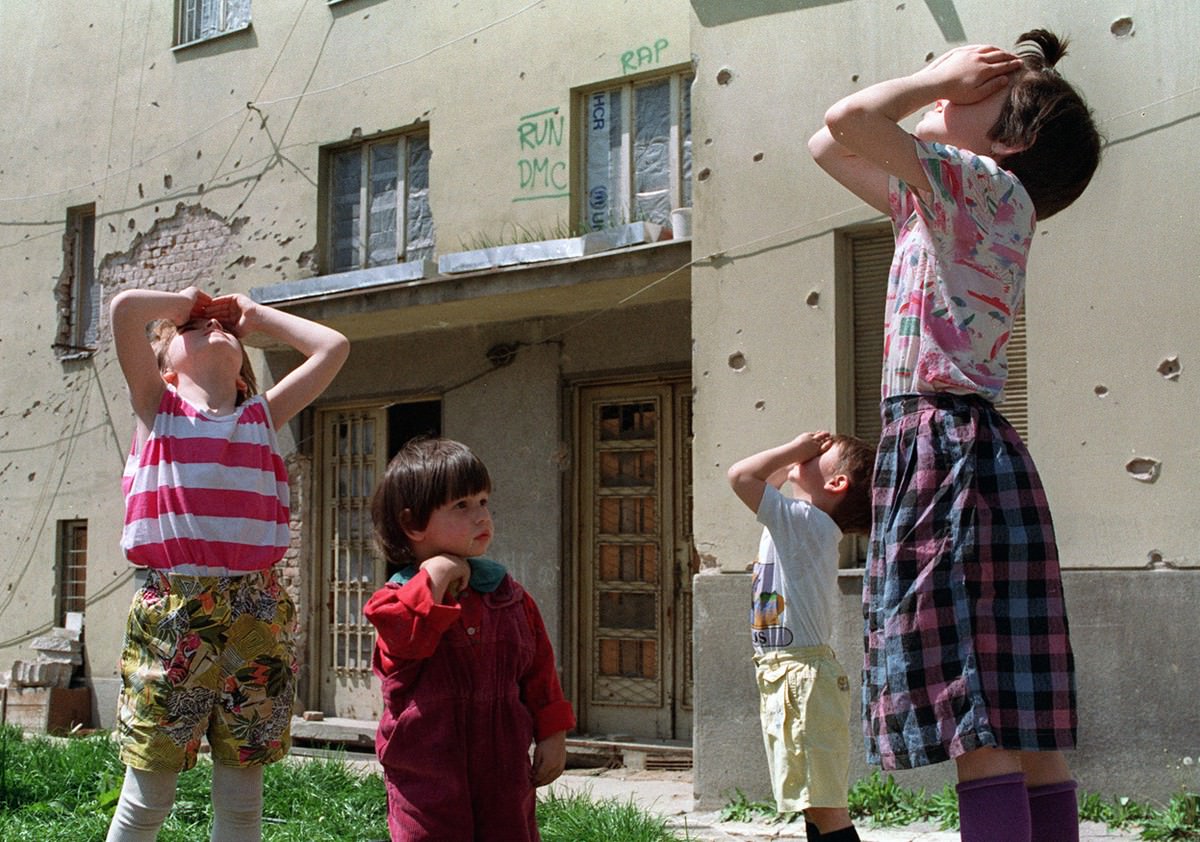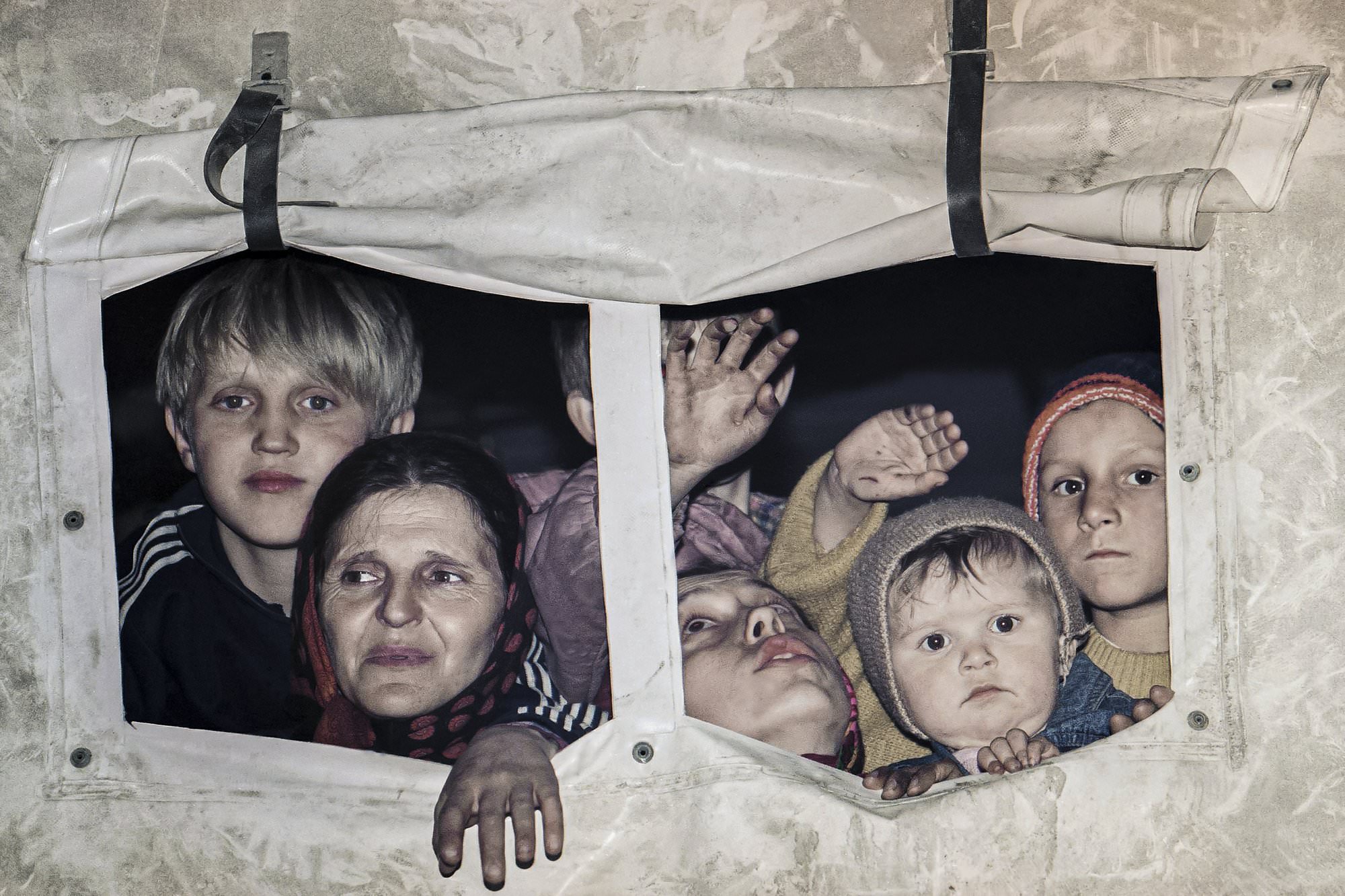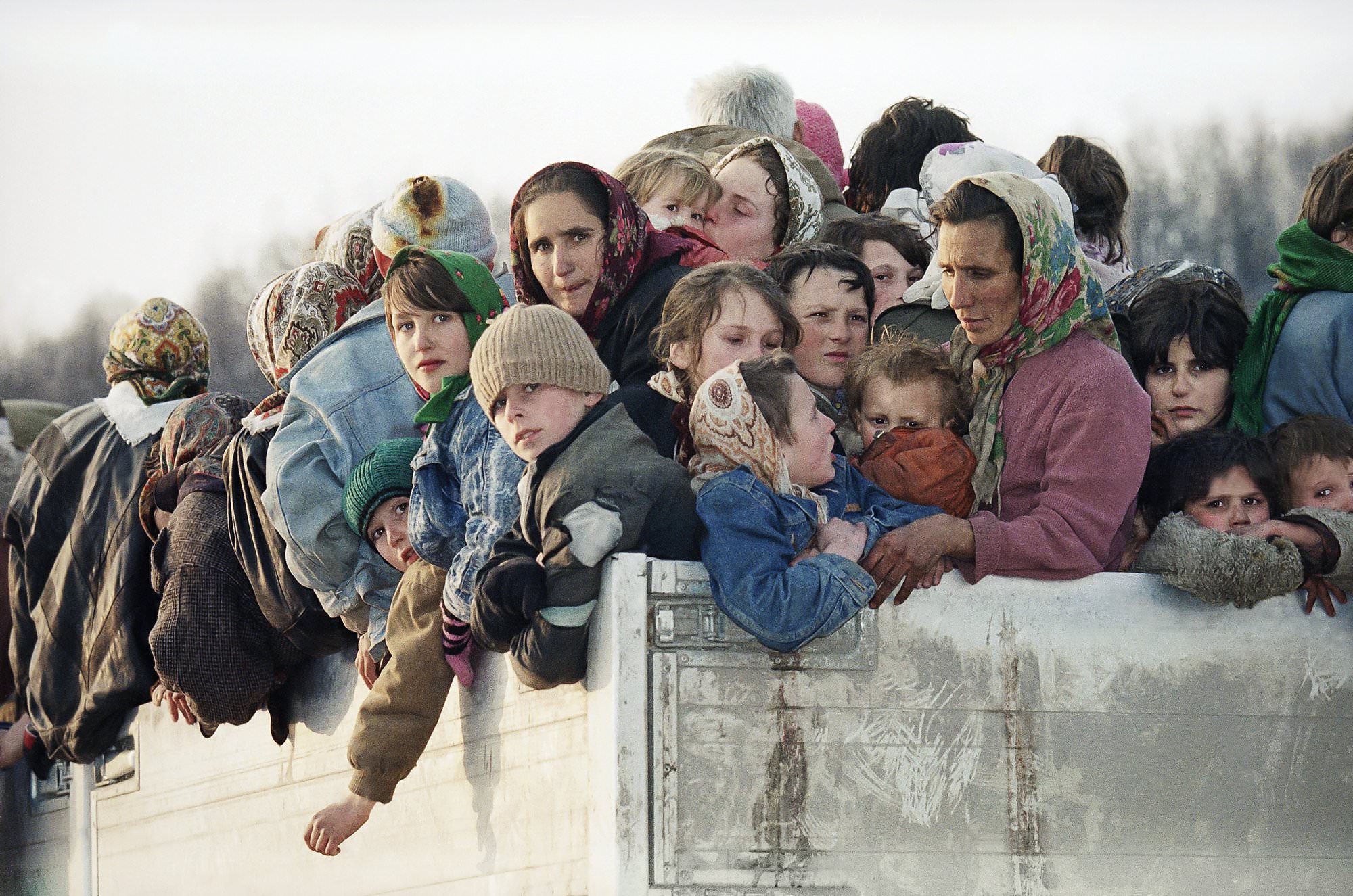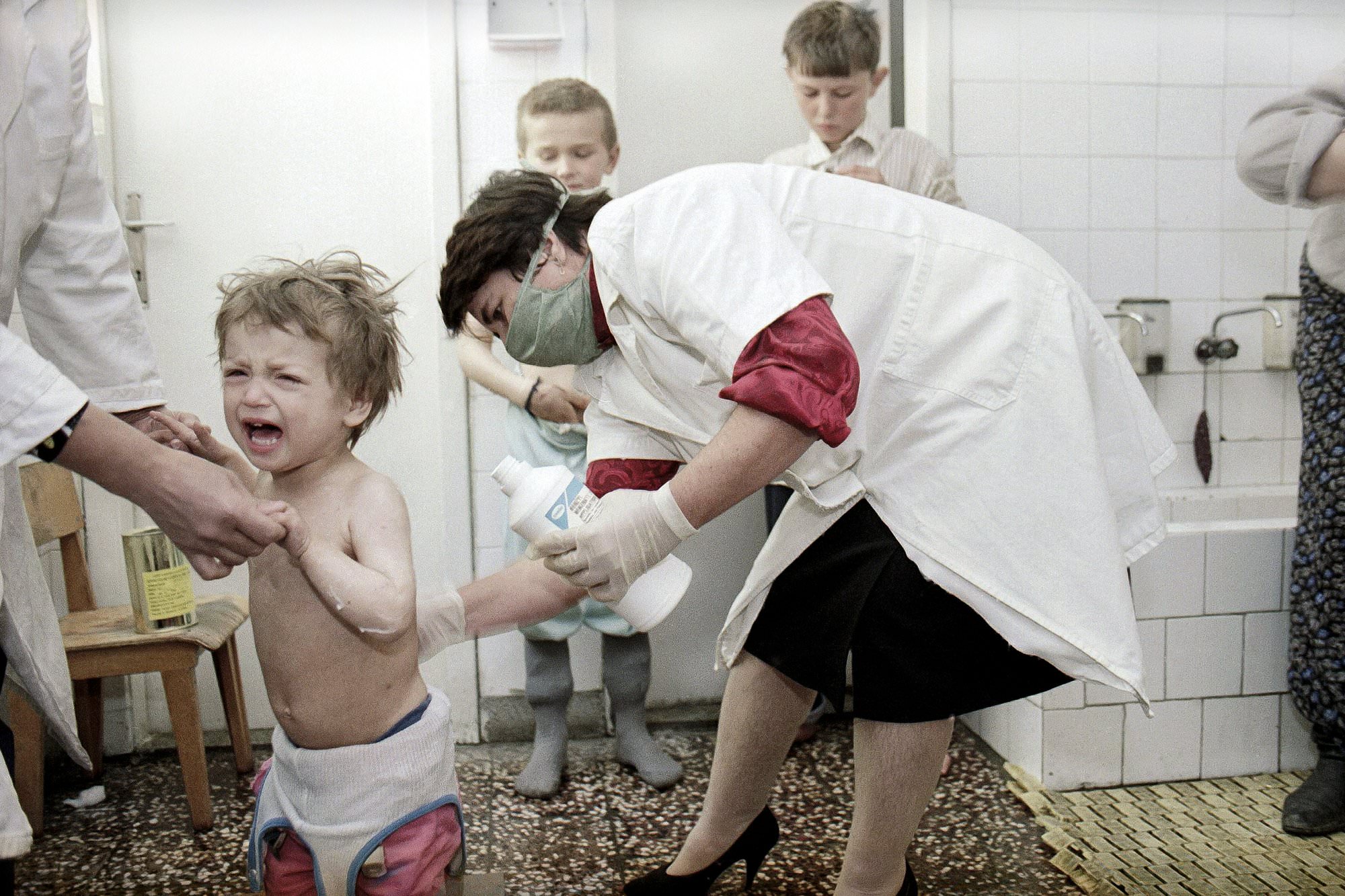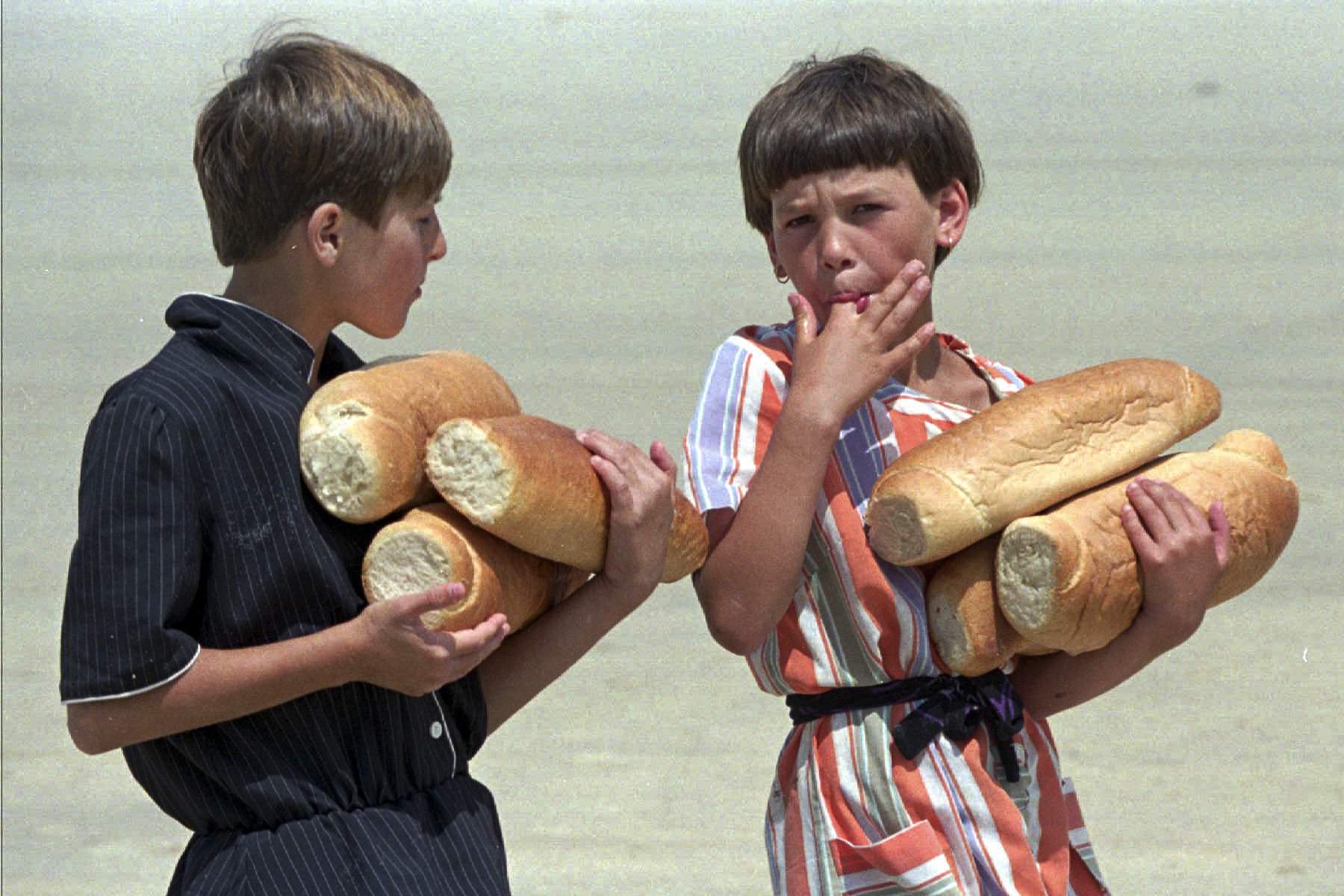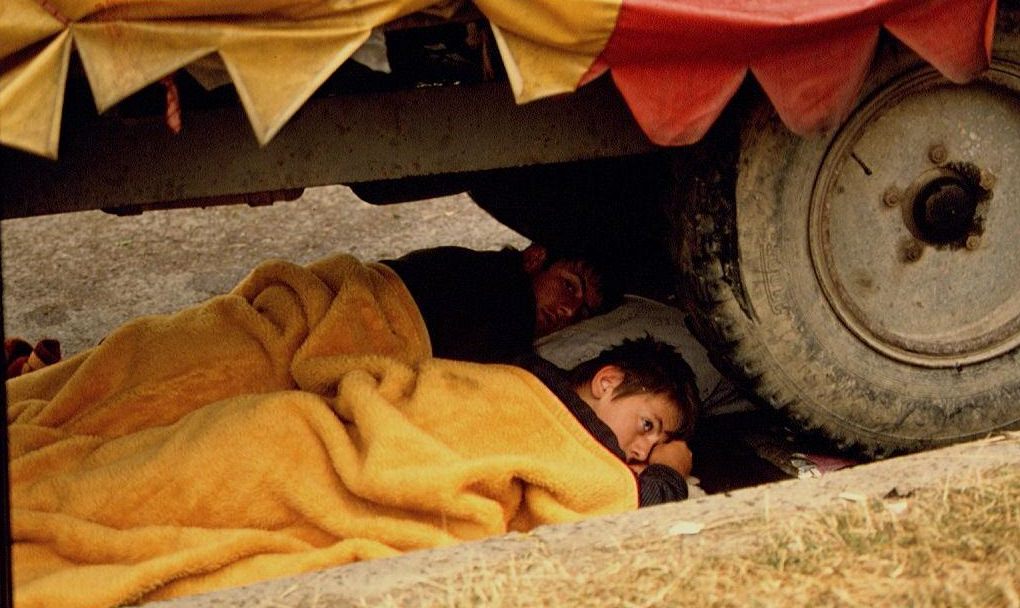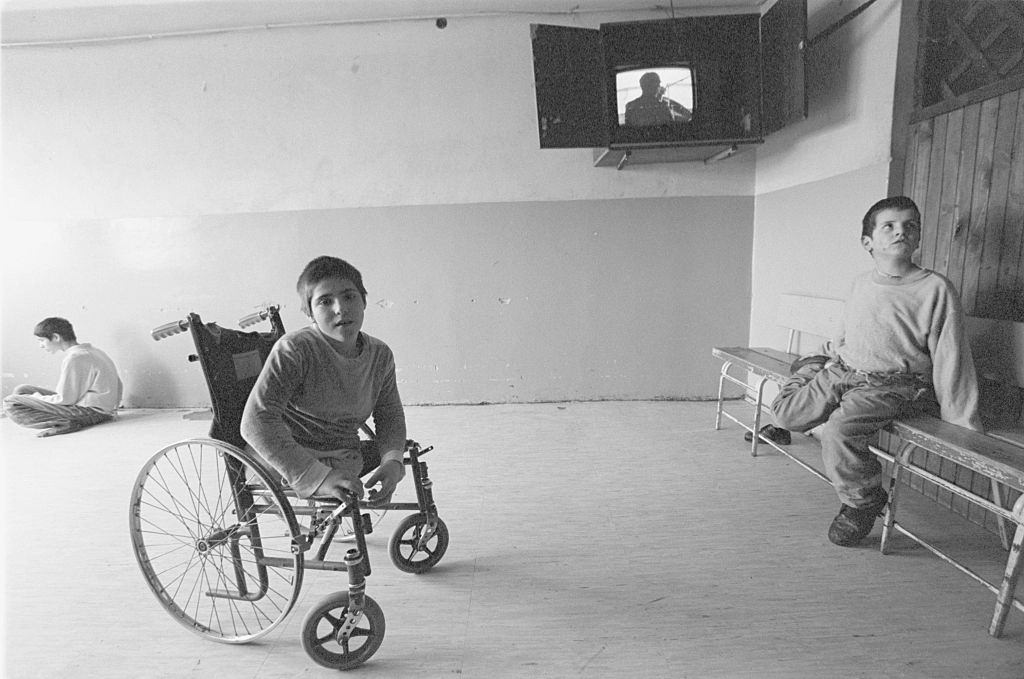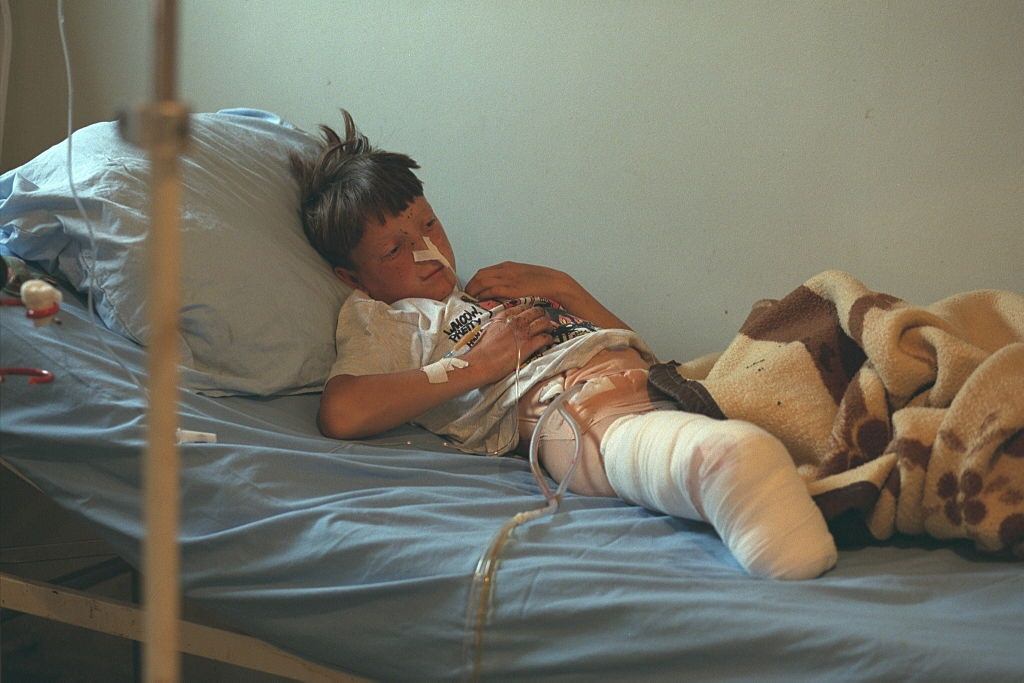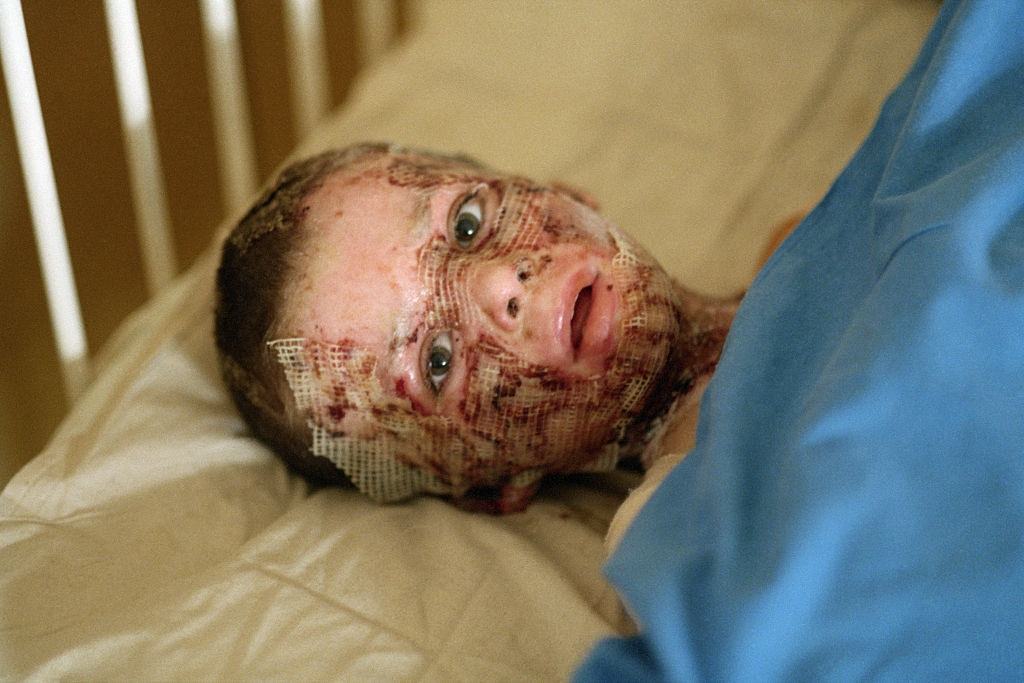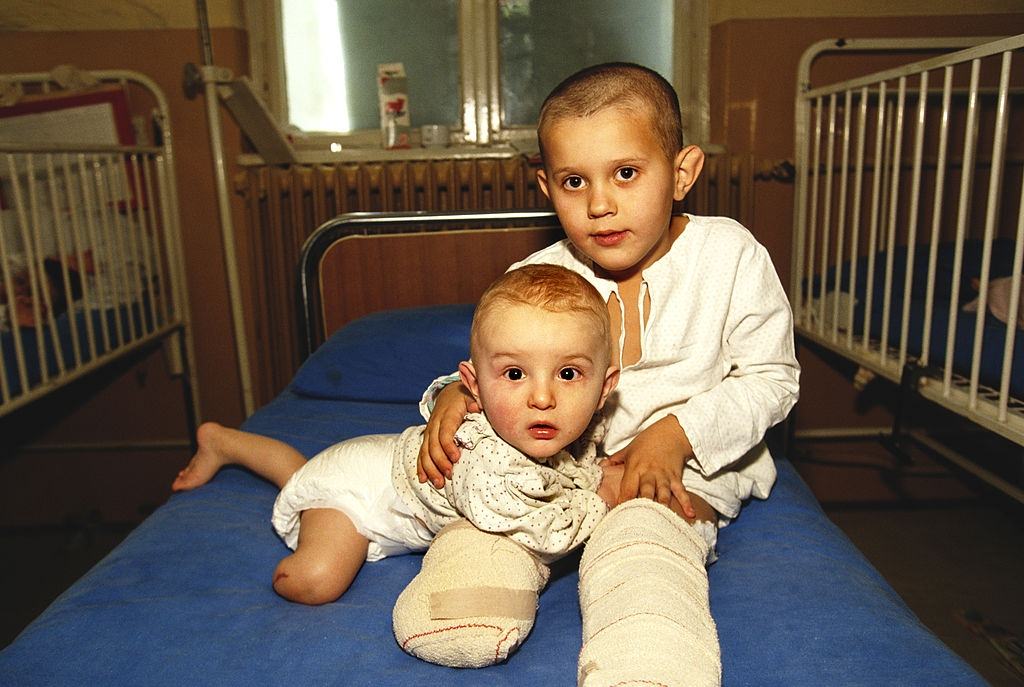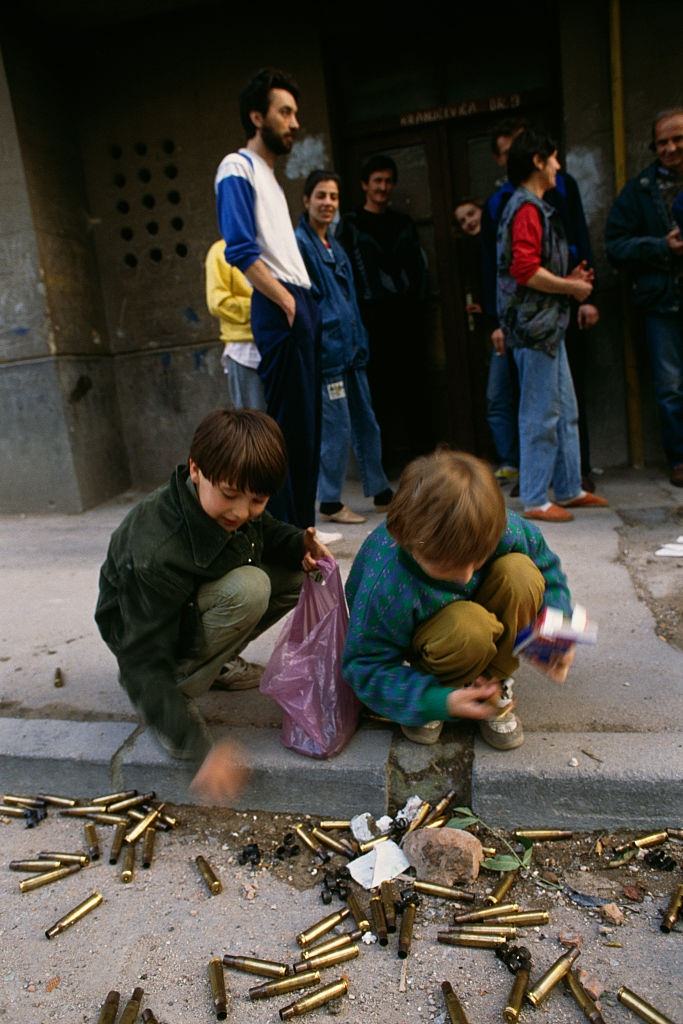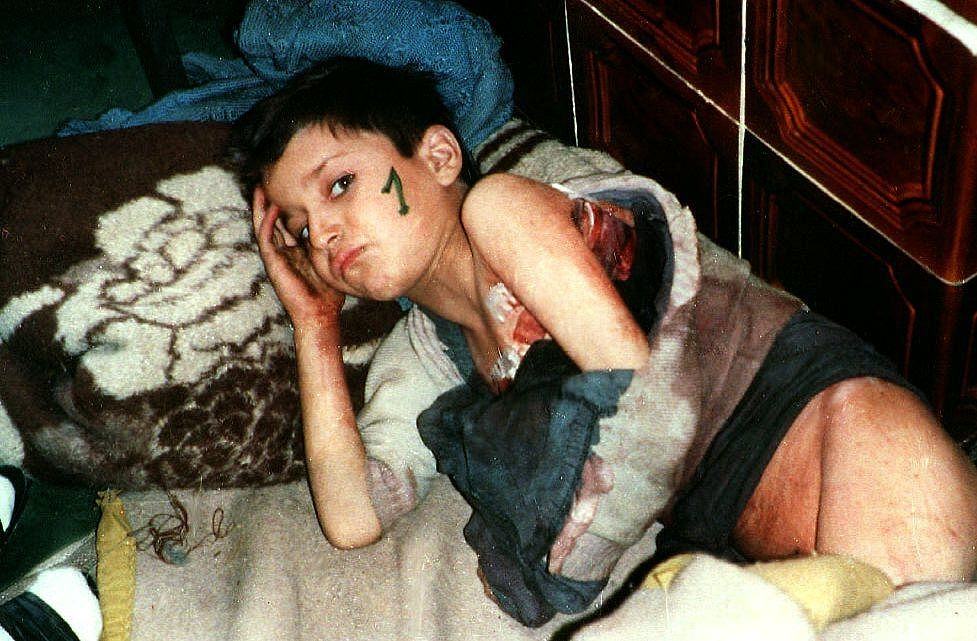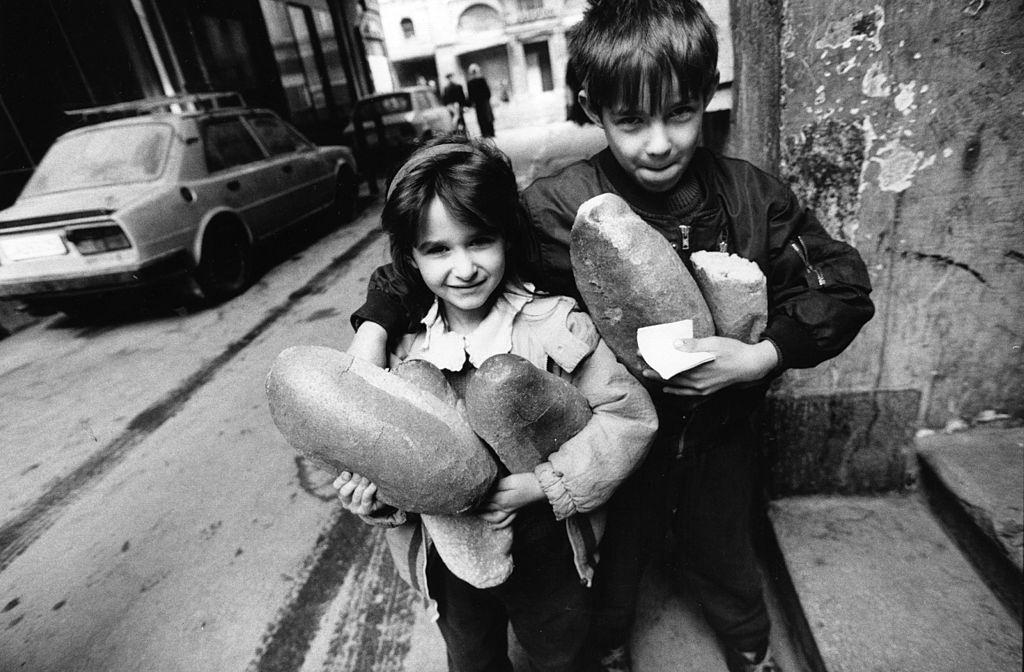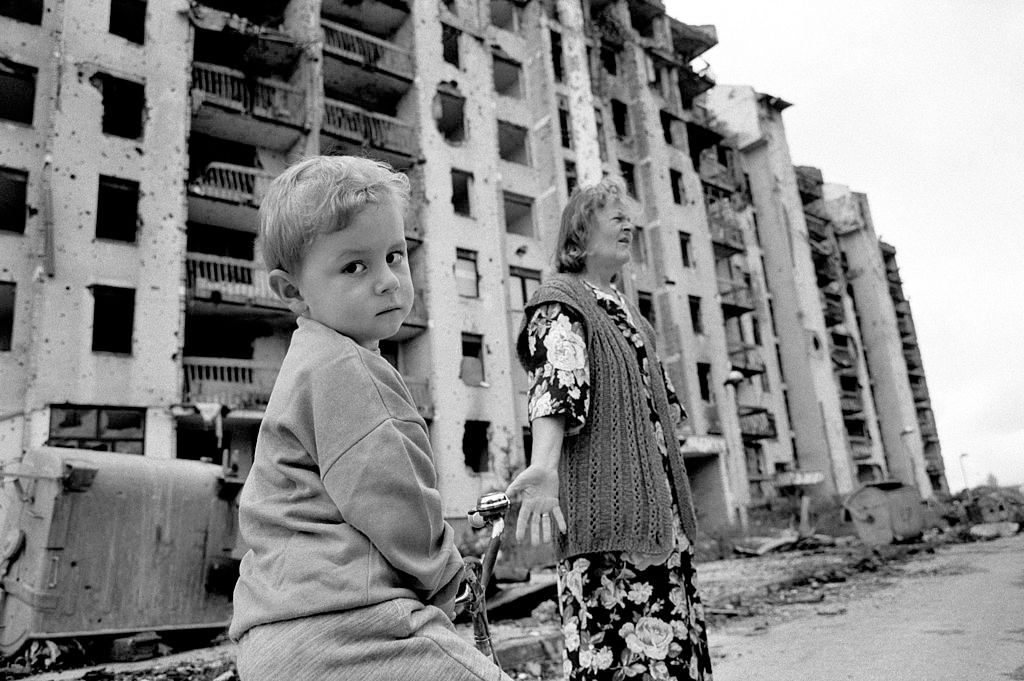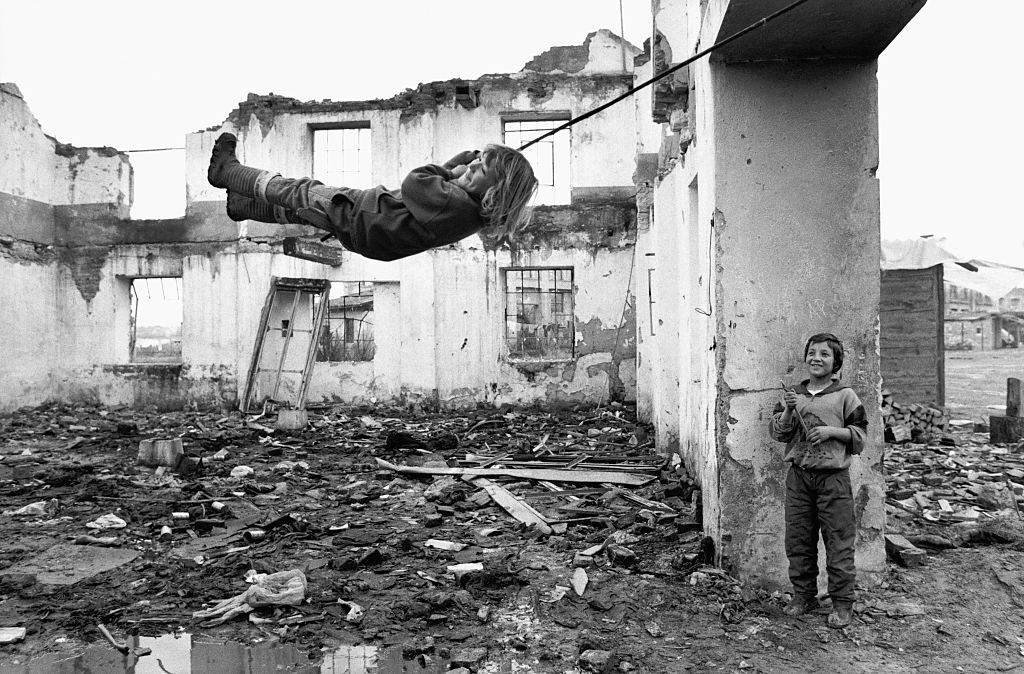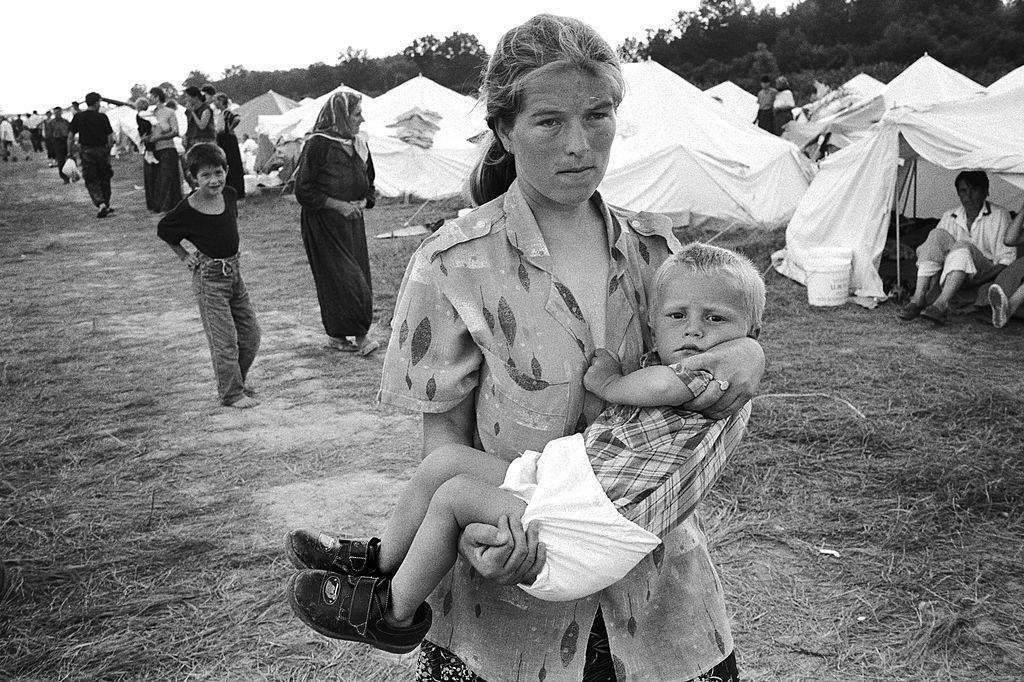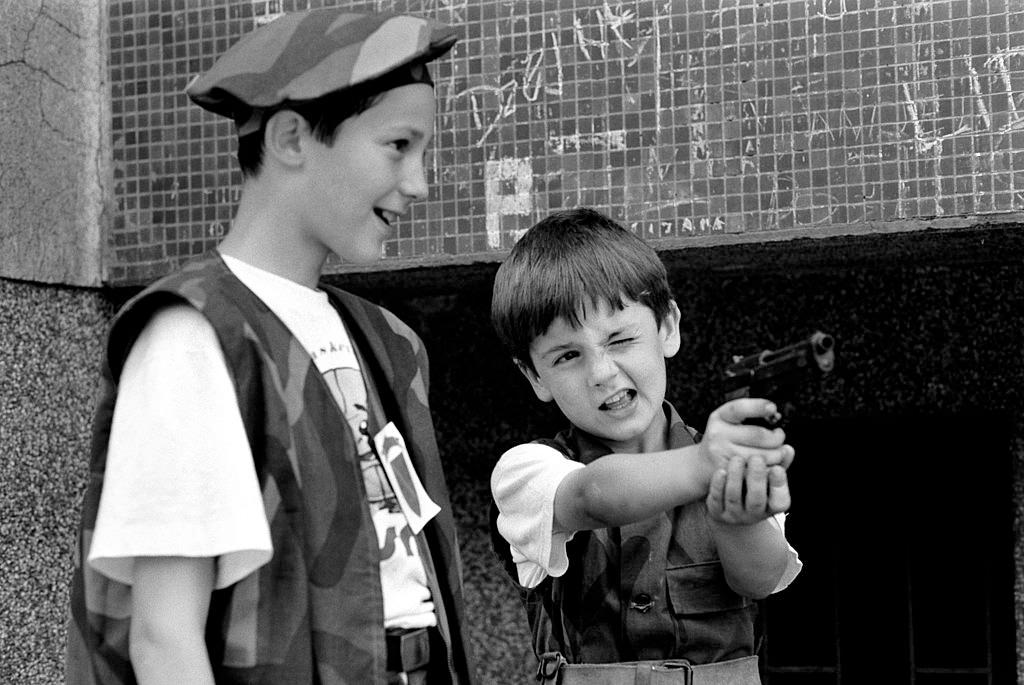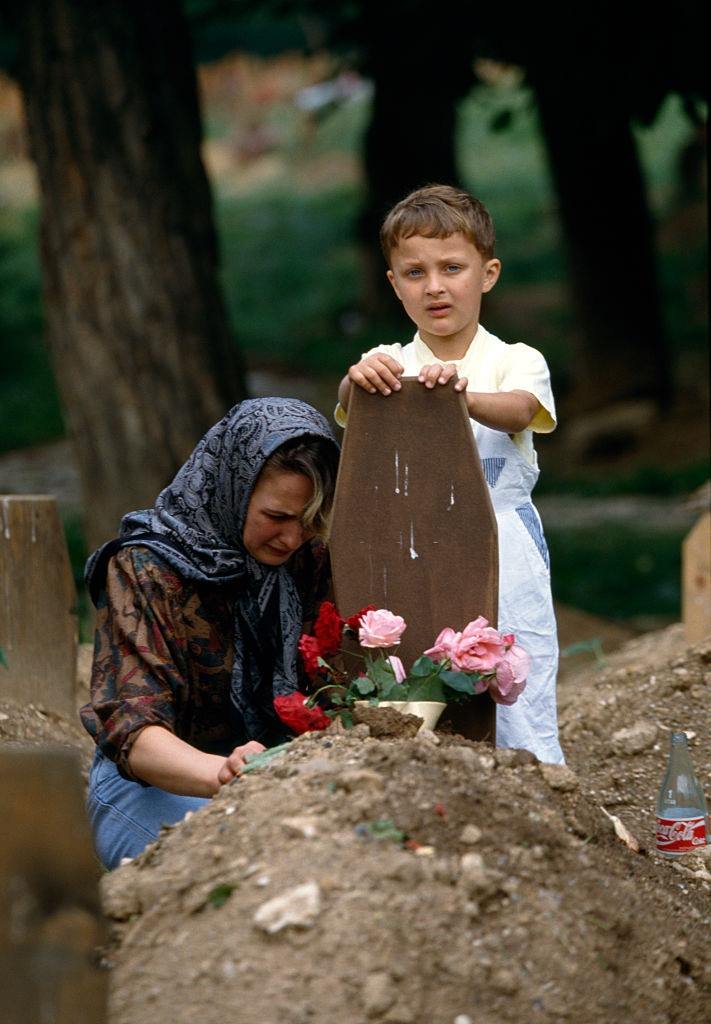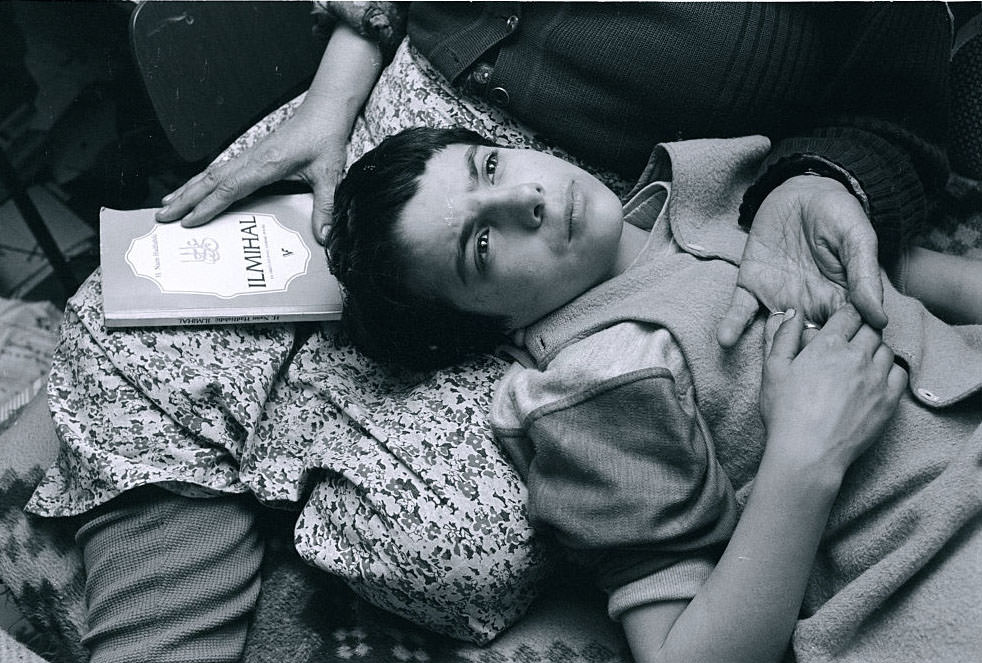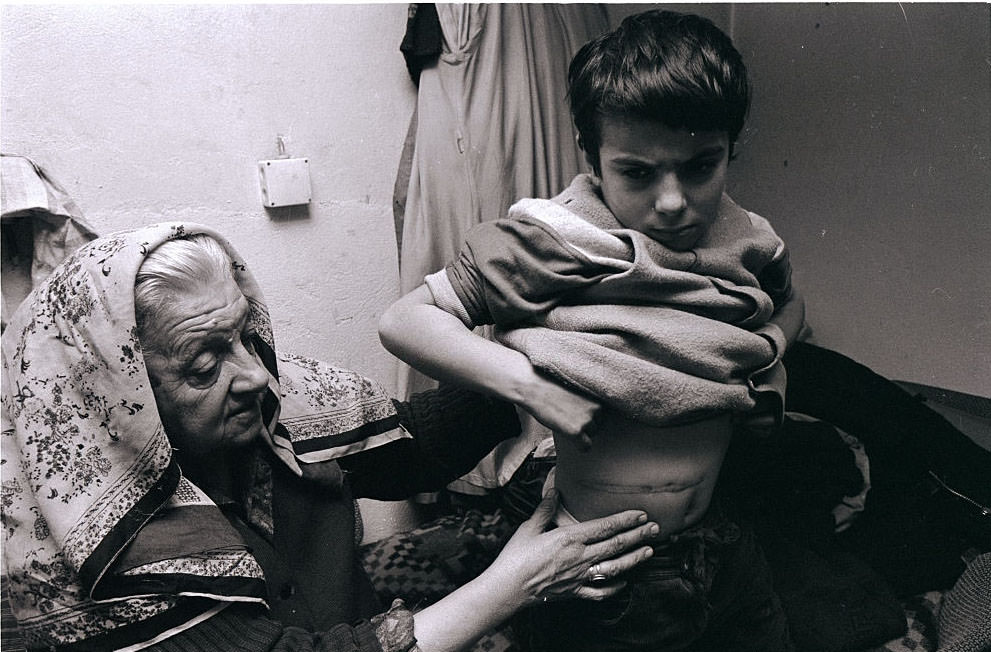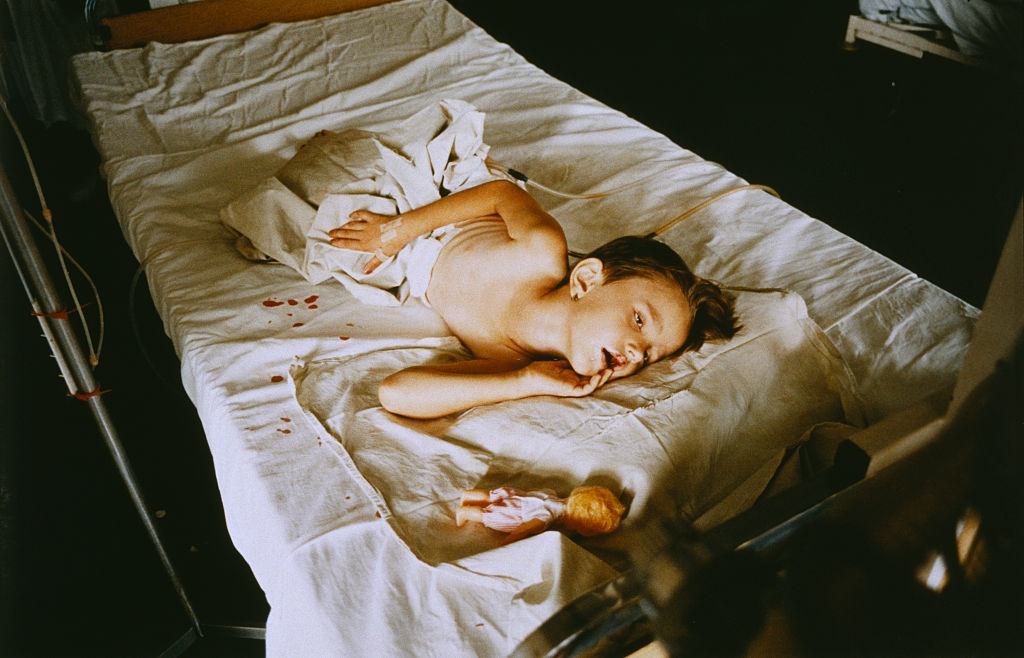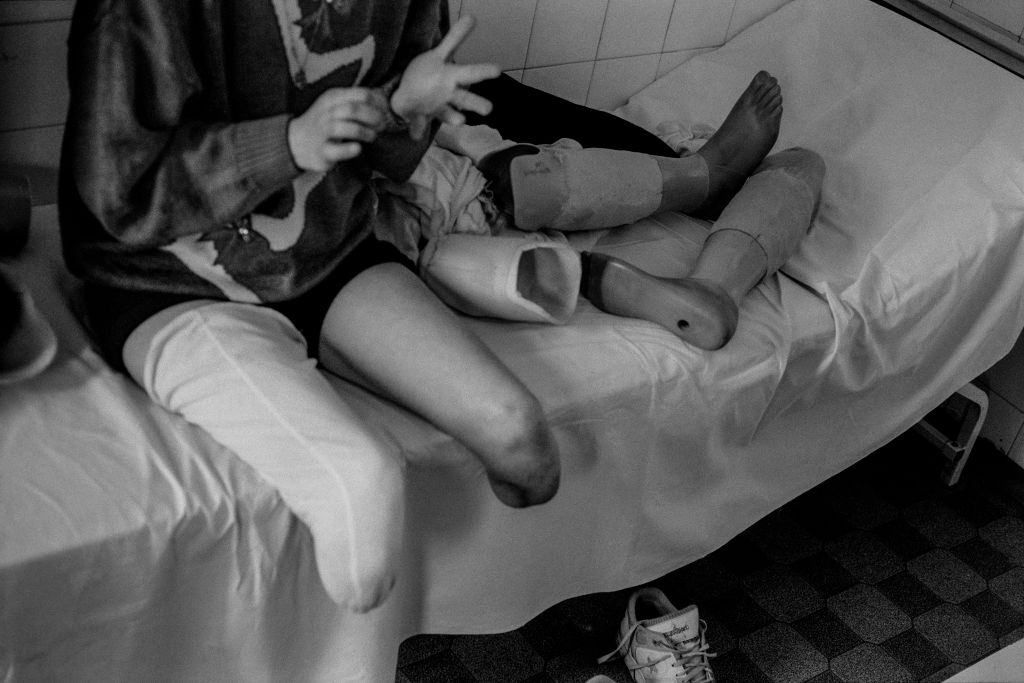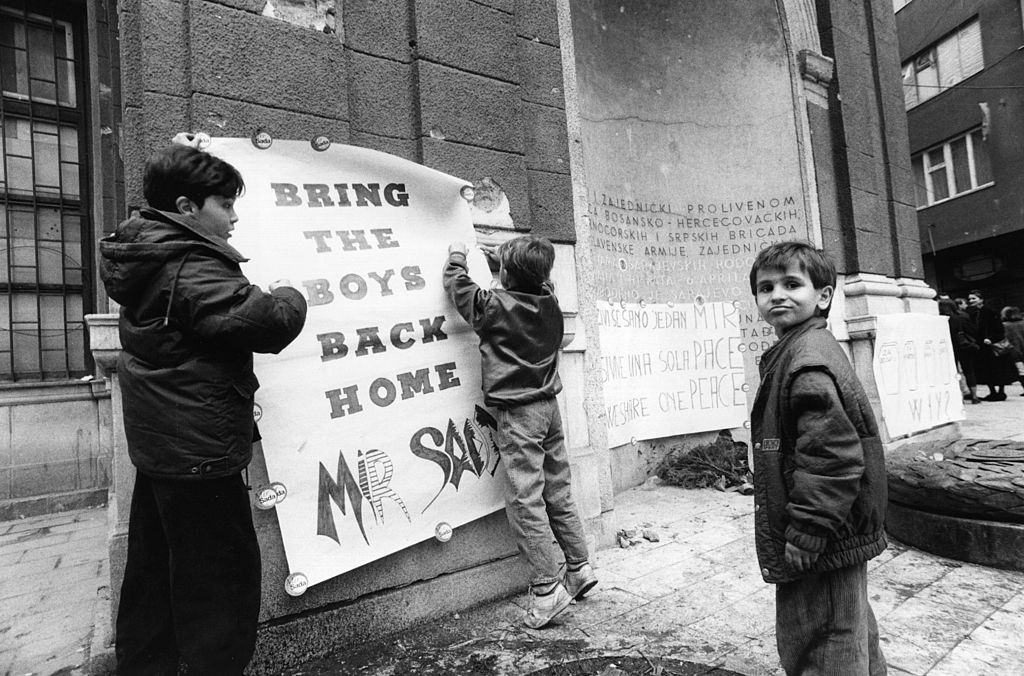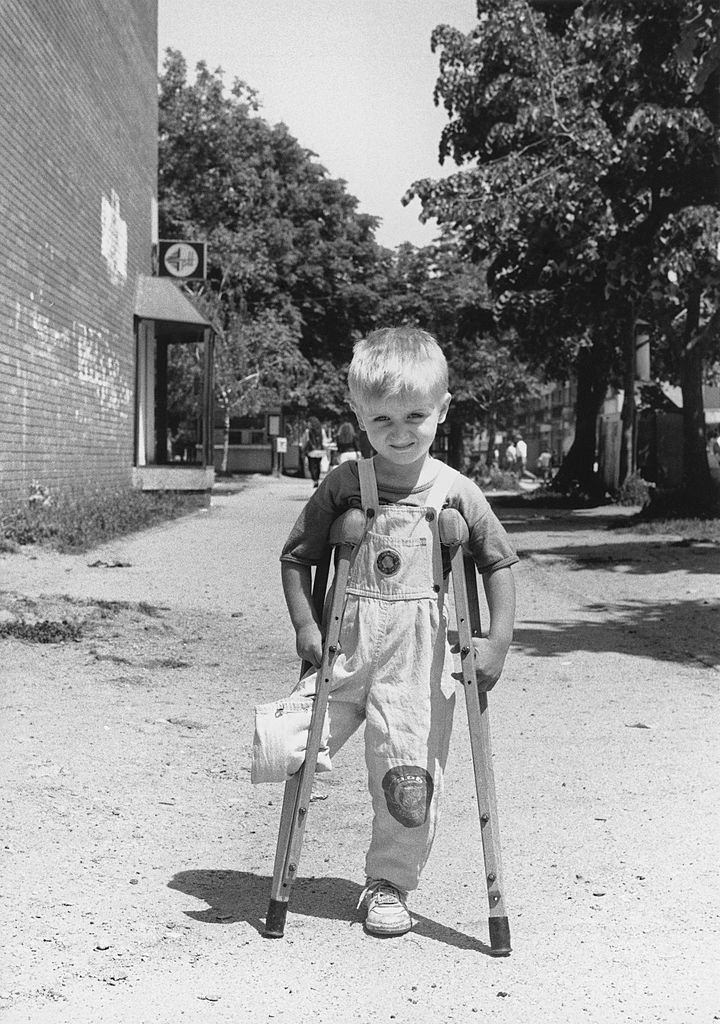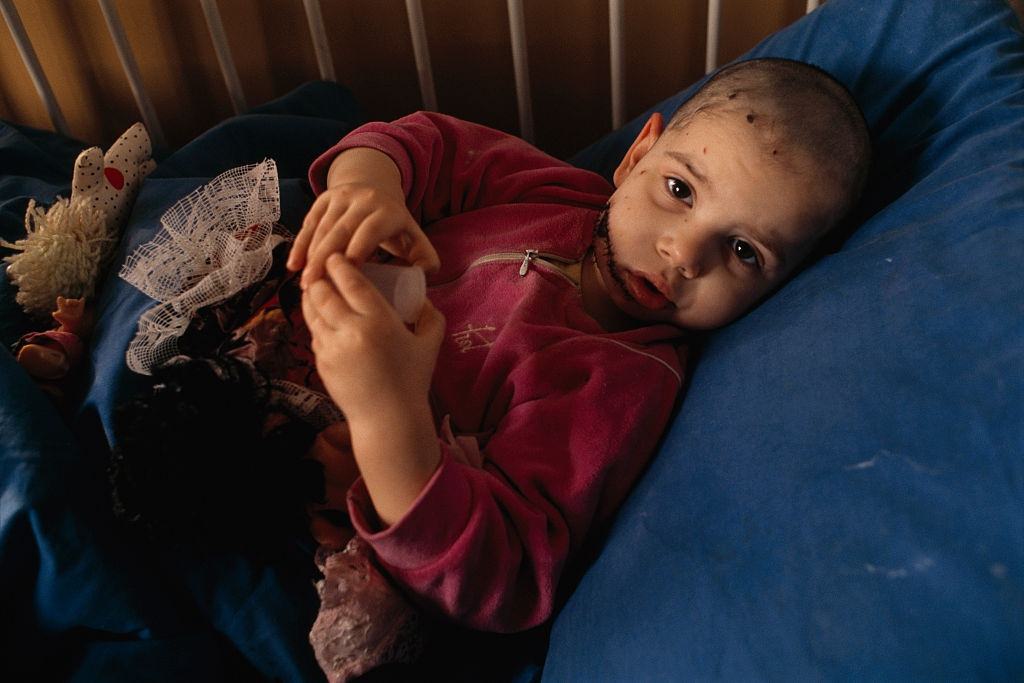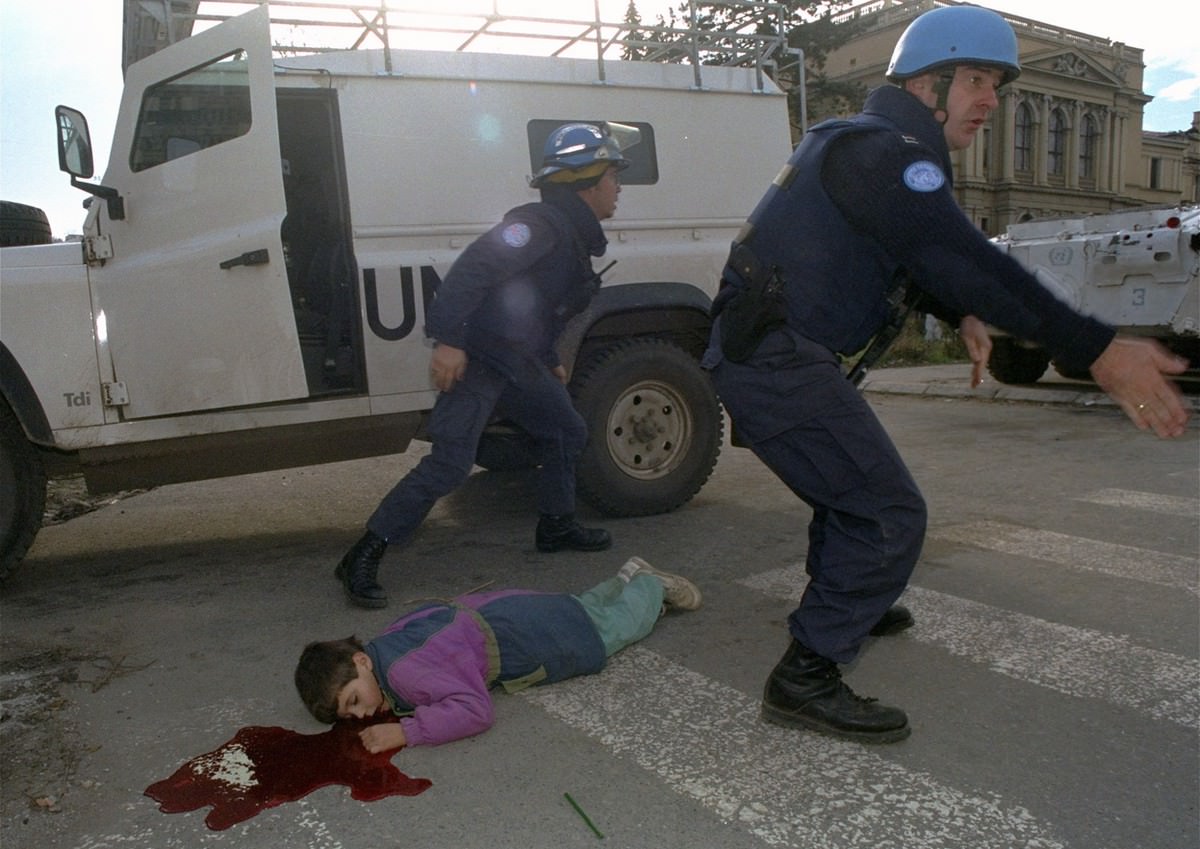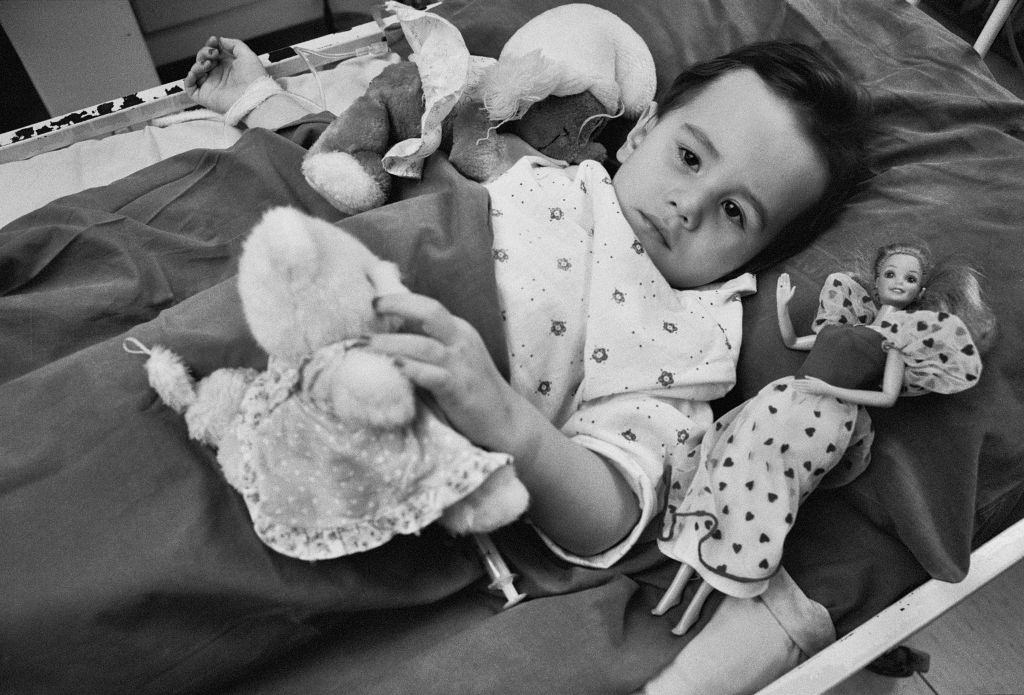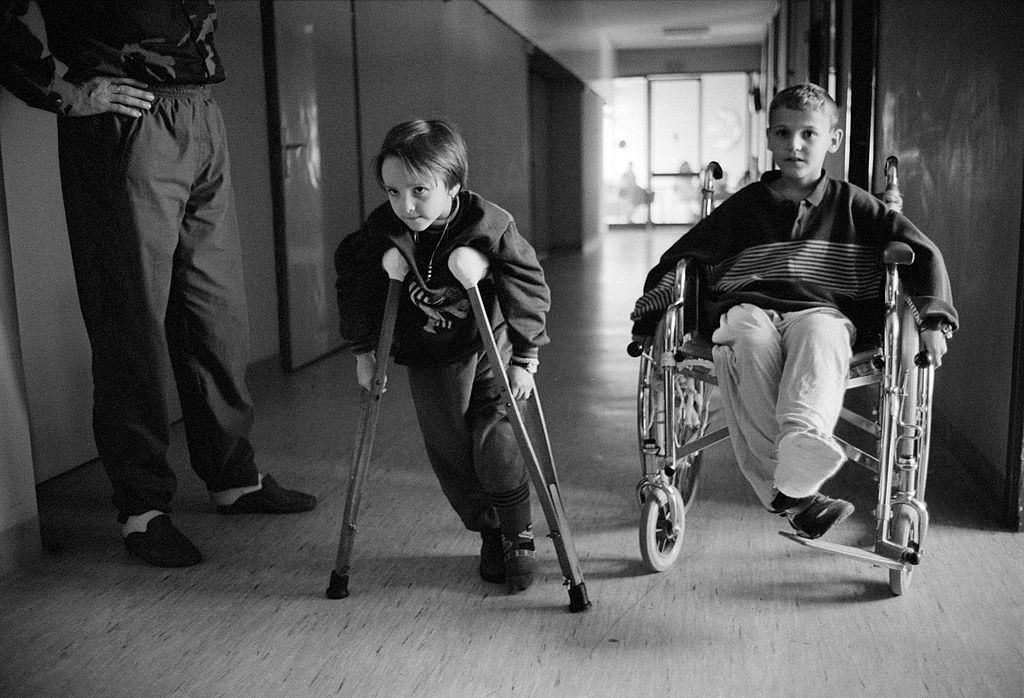The war in Bosnia and Herzegovina has had a significant impact on civilians. The effect of modern warfare on children is little understood. The vast majority had experienced loss, separation from family, close interaction with war and fighting, and terrible deprivation. Children from Sarajevo had the highest prevalence and severity of experiences than other regions, with no statistically significant relationship between gender, wealth, or age. A more substantial number of symptoms occurred in older children and came from a large city and those who witnessed death, injury, or torture within the nuclear family.
UNICEF reported that between 65,000 and 80,000 children in Sarajevo had been directly shot at by snipers. Many of the children also witnessed someone getting killed, including members of their family. The ICRC reported that more than 200,000 people were killed, 12,000 of whom were children. In addition, the stories of the children conceived from wartime rape have remained mostly untold due to the stigma associated with rape victims and because most of the children were not told their origins. During the Bosnian war, it is estimated that enemy soldiers raped between 25,000 and 50,000 women and girls. A few rapes were also committed by foreign soldiers serving with the United Nations peacekeeping forces in Bosnia. A memorial with the names of 521 children killed during the Siege of Sarajevo was unveiled on 9 May 2010.
Here below are some horrible photos that depict how the children were affected by the war.


